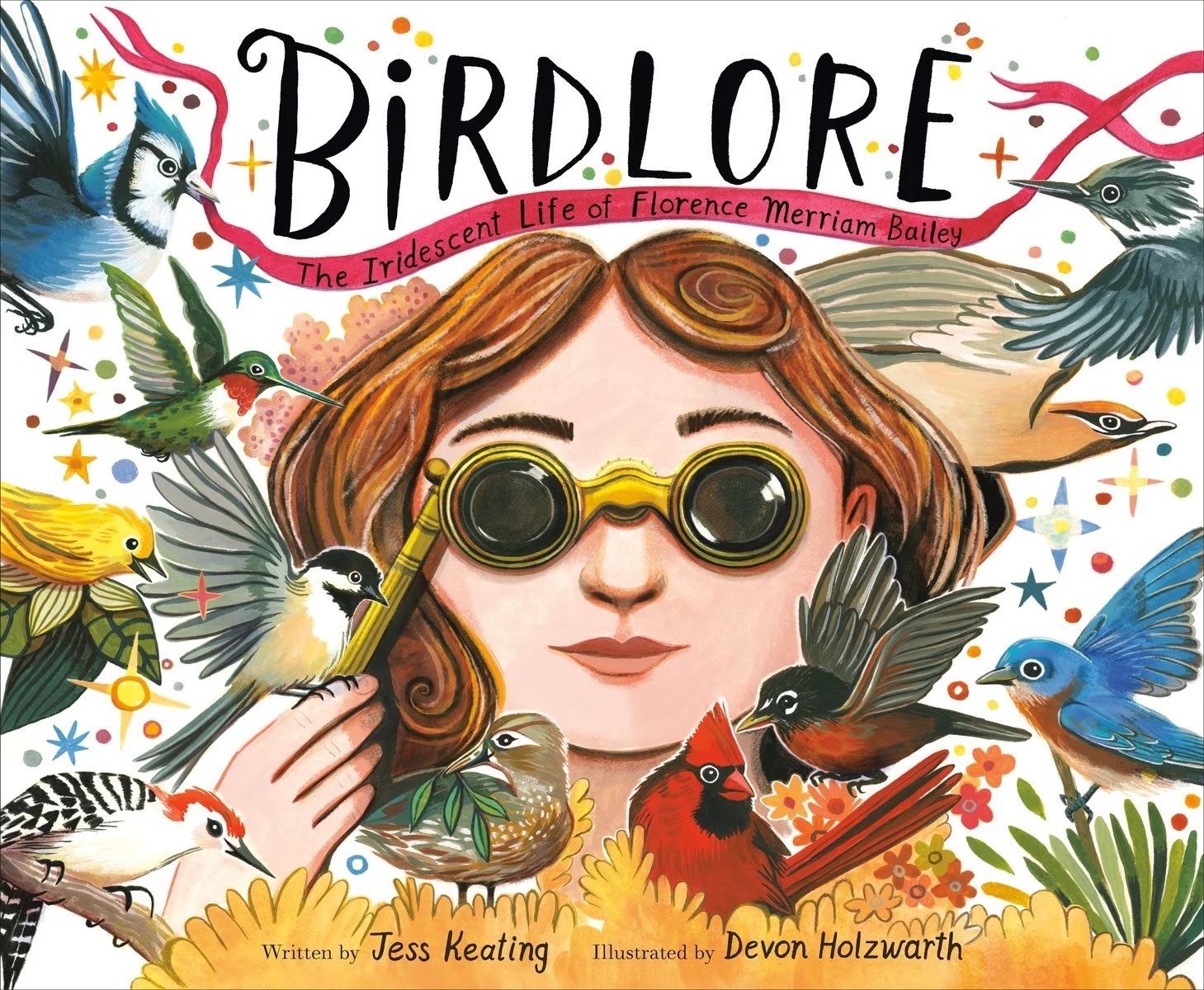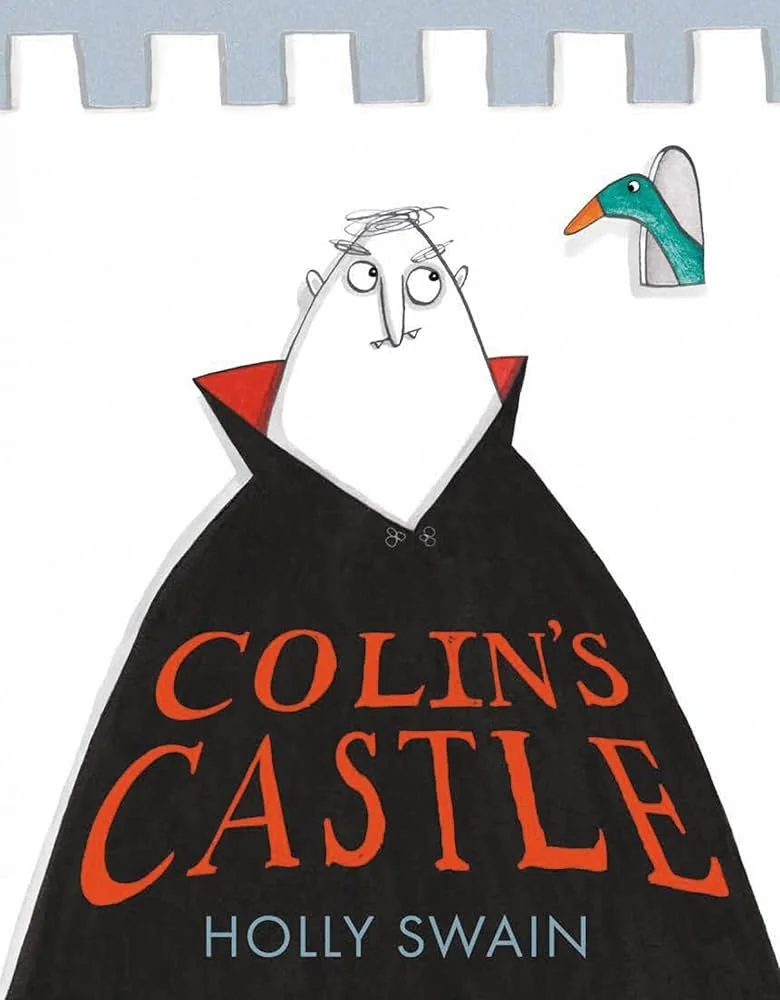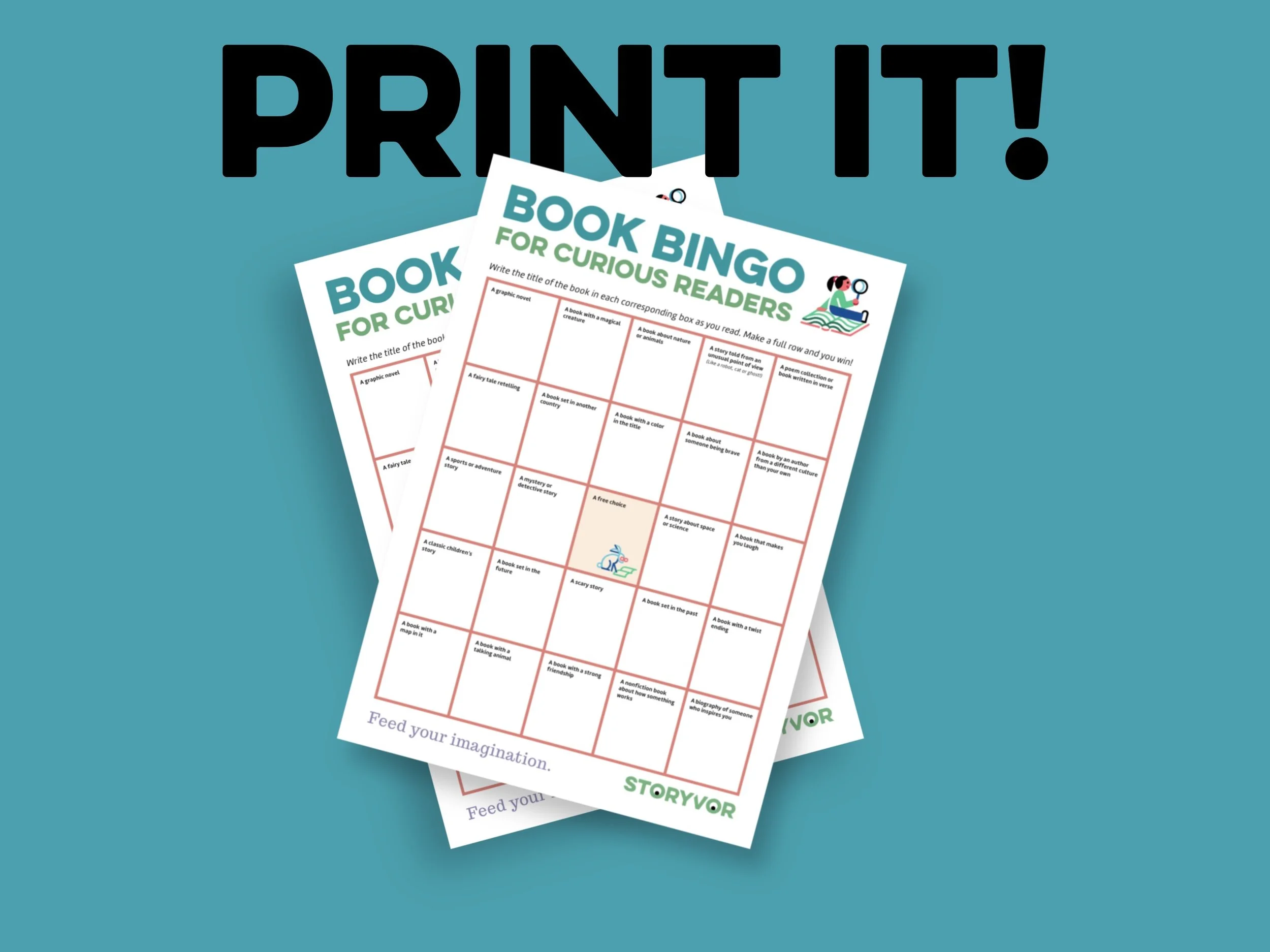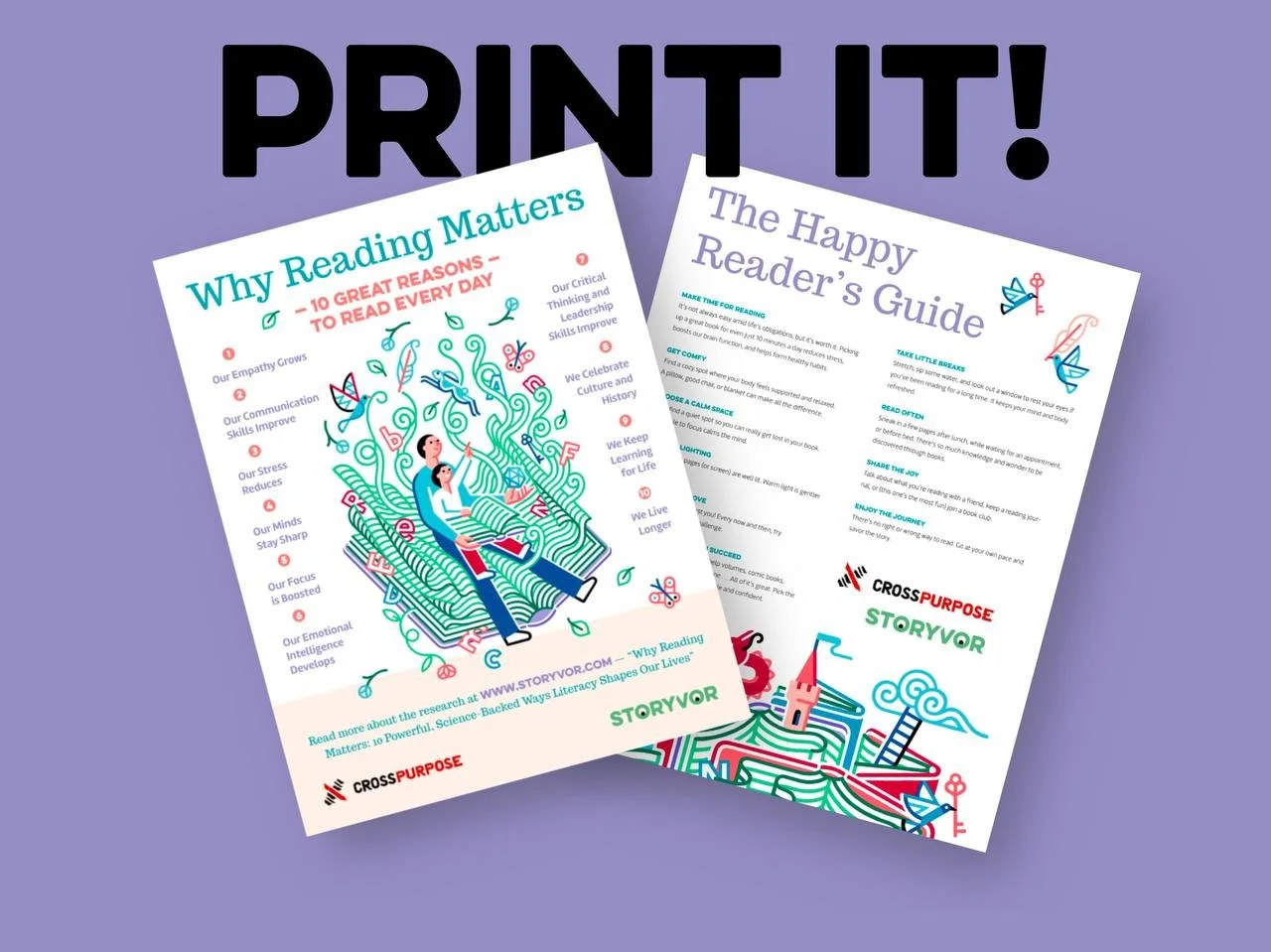Why Reading Matters: 10 Powerful, Science-Backed Ways Literacy Shapes Our Lives
15 August, 2025 ● Written by Stefan Bachmann
Photo by Frank Flores on Unsplash
We’ve all heard it before: Reading is important!
But why, exactly? Why is it genuinely vital that books are accessible and visible, that we fund public libraries, ferret out ten minutes here and there for a chapter amid our busy schedules, and read aloud to our children and students?
Science has some interesting answers to those questions. According to studies, reading — and making a habit of reading — impacts everything from childhood cognitive development to our ability to handle stress and communicate effectively. As bizarre as it sounds, it can even help us live longer.
Here are ten ways reading transforms our brains and lives, backed by research from some of the top universities around the world.
1. Reading strengthens empathy and social skills
Books allow us to step into the shoes and minds of people from countries, cultures, and centuries different from our own. We’re invited to experience new perspectives, and to understand that the emotions and challenges others face are much the same as our own. In short, reading helps us better understand the people around us and respond with compassion and awareness.
The following study by the University of Toronto found that especially reading fiction helps with empathy-building, because it often focuses on the internal world of characters and offers readers “social rehearsals”: safe spaces for readers to observe, feel, and ponder various social interactions.
Curiously, the study found a loose correlation between reading non-fiction and loneliness. Various external factors could be at play here, and at STORYVOR, we believe that all types of reading are important; non-fiction is an equally valuable literacy tool. However, in a world where stories and fiction are often dismissed as frivolous pastimes or even a luxury, it’s worth pondering how reading about the imaginary and made up can help students and children connect with the world around them just as clearly as the tangible and practical.
Source: Mar, Oatley & Peterson (2009): Exploring the Link Between Reading Fiction and Empathy
2. Reading improves communication skills
Empathy is important, but it also matters what we do with empathy, and reading plays an important role here as well. A 2024 study found that reading enhances writing through improved vocabulary, grammar, and overall language fluency, as well as coherence and stylistic expression.
In other words, when we read more, we write more effectively, and when we write more effectively we often speak and think more clearly. If we can write, think, and express ourselves with clarity, this positively impacts our relationships with others, be it in our careers, friendships, or relationships.
3. Reading reduces stress
Books offer a break from the constant stimulation of modern life. And unlike sitting down to watch a show, or doomscrolling quick clips on our phones, reading encourages us to slow down, focus, and disconnect from the noise.
According to a 2022 study in Canada, reading for pleasure correlated to lower rates of distress and anxiety among college students as well as improved mental health. The same was found to be the case by the University of Cambridge in a study of over 10,000 US children. The children who read for pleasure over a course of three to ten years were found to have better mental wellbeing overall, as well as fewer behavioral problems, less aggression, and once again, less stress.
Source: The Relationship Between Reading Habits, Emotional Intelligence, and Mental Health in University Students (2020) / University of Cambridge: Reading for pleasure early in childhood linked to better cognitive performance and mental wellbeing in adolescence
4. Reading improves memory and reduces mental decline
Reading strengthens the brain’s cognitive pathways, improves memory, and makes sure we stay sharp in our reasoning skills, even into old age.
A 2020 study of nearly 2,000 older Taiwanese adults found that frequent reading — at least once per week — was consistently associated with a significantly reduced risk of cognitive decline over 6, 10, and 14 years. Importantly, this effect held true across all educational levels, meaning it didn’t matter whether the subjects were “strong” readers, whether they were PhD candidates or adults with a primary school education. Reading once a week was beneficial regardless.
5. Reading enhances concentration (which helps us make better decisions)
Reading books helps train the brain to focus for longer periods, strengthening our attention spans, which in turn helps us make wise, long-term decisions.
A study from 2023 found that attentive reading of longer literary texts positively correlates with cognitive patience. A second study then found that cognitive patience leads to better decision making overall. Unlike digital content that often encourages quick scrolling and distraction, books require sustained engagement, which supports the development of deep concentration. It’s a skill that is increasingly valuable in today’s fast-paced, digitally driven world.
Sources: van de Ven, I. (2023). ‘TL;DR’ (Too Long; Didn’t Read)? Cognitive Patience as a Trait of Literary Reading Preferences / Ueno, T., Yuasa, K., Tanaka, S., & Takeda, Y. (2024): Attention facilitates initiation of perceptual decision making
6. Reading supports emotional regulation
Stories teach us how to recognize, process, and respond to emotions, both our own and others’. This is especially important for children, who often learn emotional vocabulary and self-awareness through characters and narratives.
A 2025 experimental study published in Frontiers in Psychology, randomly assigned 4–5-year-old children (and their parents) to two groups: one read socially themed picture books together, and the other read books on unrelated topics. After eight weeks, children in the social-themed reading group demonstrated significantly higher prosocial behavior, such as sharing, helping, and cooperating with others.
7. Reading strengthens critical thinking and leadership skills
Reading encourages us to analyze, question, and interpret. We learn to weigh evidence, examine motives, and consider multiple viewpoints. This kind of mental rigor is the foundation of critical thinking, which in turn is a skill essential for leadership and long-term strategy.
Source: IESE Insight: How Reading Can Help You Become a Better Leader
8. Reading deepens cultural and historical awareness
Books are repositories of culture, history, and identity. Through literature, we preserve our past and understand the values, struggles, and triumphs that shape societies and the world we live in today. Reading culturally relevant texts helps us honor diverse backgrounds and understand present struggles. The best part? If we understand the past, we're often better prepared for the future.
Source: Harvard Graduate School of Education – Books Bridge Cultures
9. Reading promotes lifelong learning
At its heart, reading is a gateway to discovery. It helps us stay curious, inspires questions, and gives us tools to explore the vastness of human thought and knowledge. Unlike passive content, reading also puts us in control of our learning journey. It empowers us to seek knowledge and keep growing, long after we’re out of school. And there’s a benefit to that as well: When readers choose their own reading material, their engagement increases.
10. Reading is linked to longer life expectancy
It sounds strange, but reading might actually help you live longer. A Yale study found that people who read books regularly live an average of two years longer than those who don’t. This is likely due to a combination of factors, including economic privilege, as reading is unfortunately still most common in those with a healthy bank account. Still, considering the mental stimulation, stress reduction, and social-emotional benefits reading provides, it adds up that this would lead to better overall health and life expectancy.
So next time someone calls reading a waste of time, throw a Yale study at them. The truth is quite the opposite.
Source: A Chapter a Day: Book Reading and Longevity – Social Science & Medicine (2016)
●●●
Better focus, stronger communication, deeper empathy, sharper thinking . . . Reading is transformative on just about every level. It helps us understand ourselves, others, the world around us, the past, and the future. So pick up a book. Read for yourself and your own enjoyment. And then read to your children, students, nieces and nephews, grandchildren and great-grandchildren. The future will thank you.
Stefan Bachmann
Editorial Director
Stefan Bachmann has worked widely in education, cultural programming, and literacy advocacy for over fifteen years. He is an internationally bestselling author of children’s books, co-founder of Foundations in Literacy, co-president of AUTILLUS, the Swiss Association of Children’s Authors and Illustrators, as well as a member of various advisory boards and committees around the world. He studied composition and theory at the Zürich University of Arts.









